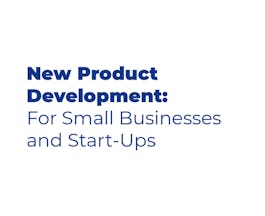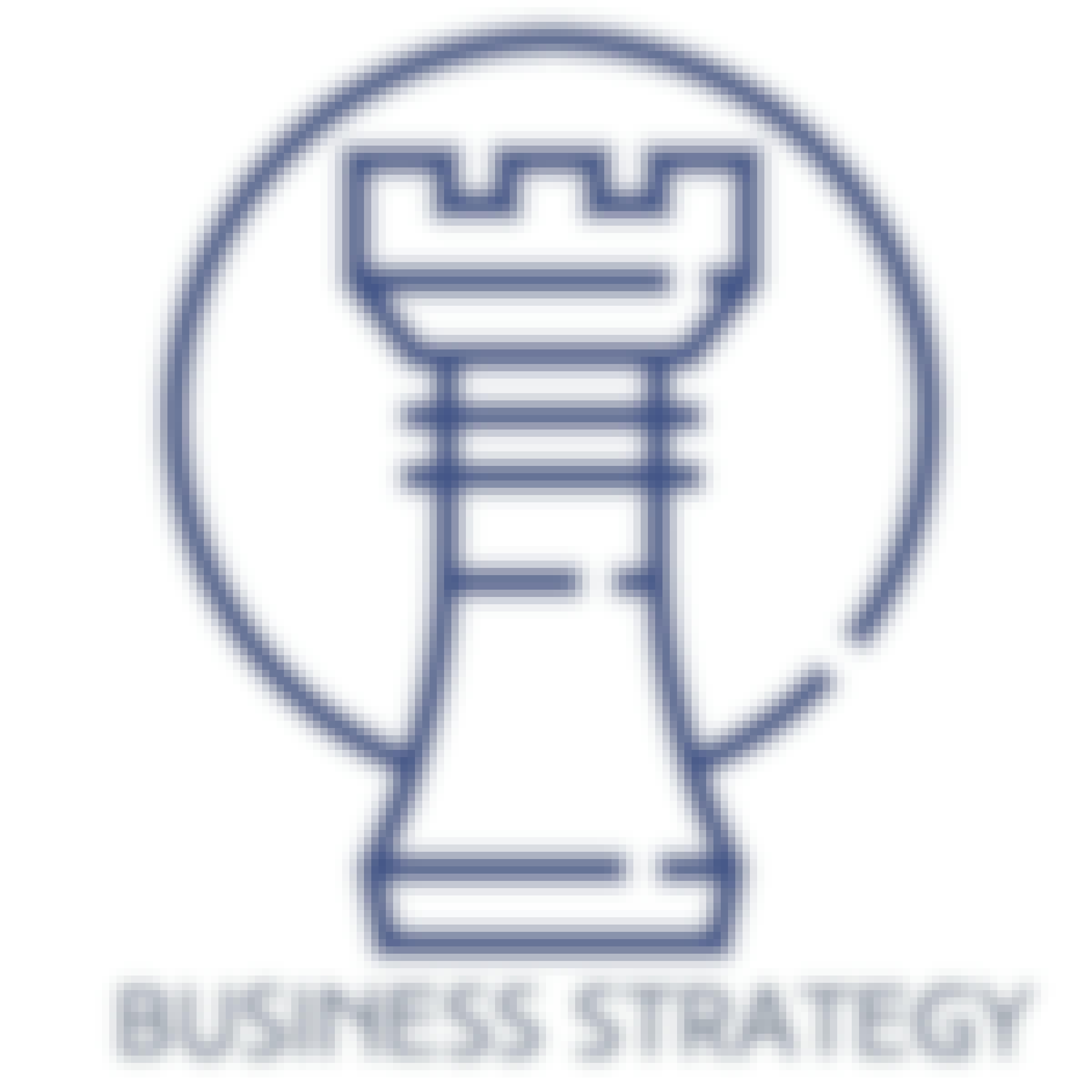Filter by
The language used throughout the course, in both instruction and assessments.
7,729 results for "business development"

University of Illinois at Urbana-Champaign
Skills you'll gain: Leadership and Management, Strategy and Operations, Account Management, Accounting, Finance, Financial Accounting, Financial Management, General Accounting, Project Management, Accounts Payable and Receivable, Business Process Management, Financial Analysis, Generally Accepted Accounting Principles (GAAP), Management Accounting, Cost Accounting, Decision Making, Entrepreneurship, Organizational Development, Business Design, Change Management, Critical Thinking, Leadership Development, Planning, Strategy, Adaptability, Culture, Performance Management, Problem Solving, Systems Design, Business Psychology, Human Resources, People Analytics, Risk Management, Strategic Thinking
 Status: Free
Status: FreeUniversity of New Mexico
Skills you'll gain: Leadership and Management, Entrepreneurship, Marketing, Sales, Strategy, Strategy and Operations, Business Development, Business Analysis, Business Transformation

Coursera Project Network
Skills you'll gain: Product Development, Entrepreneurship

University of Colorado Boulder
Skills you'll gain: Communication, Writing, Business Communication, Professional Development, Natural Language Processing, Business Design, Decision Making, Strategy, Visual Design
 Status: Free
Status: FreeThe University of Sydney
Skills you'll gain: Problem Solving, Research and Design, Strategy, Communication, Strategy and Operations, Critical Thinking, Design and Product, Entrepreneurship, Leadership and Management, User Experience Design

Skills you'll gain: Sales, Strategy

University of Virginia
Skills you'll gain: Entrepreneurship, Leadership and Management, Marketing, Sales, Strategy, Strategy and Operations, Business Development, Finance, Investment Management

Coursera Project Network
Skills you'll gain: Entrepreneurship, Strategy, Product Development
 Status: Free
Status: FreeUniversity of New Mexico
Skills you'll gain: Entrepreneurship, Leadership and Management, Strategy, Strategy and Operations, Business Process Management, Marketing, Product Strategy, Business Development, Decision Making, Market Analysis

University of Pennsylvania
Skills you'll gain: Entrepreneurship, Planning, Strategy, Business Analysis, Business Design, Critical Thinking, Design and Product, Market Research, Product Strategy, User Research

University of Minnesota
Skills you'll gain: Agile Software Development, Application Development, Collaboration, Continuous Delivery, Design and Product, Estimation, Planning, Project Management, Scrum (Software Development), Software Engineering, Leadership and Management

Howard University
Skills you'll gain: Business Analysis, Microsoft Excel, Strategy
In summary, here are 10 of our most popular business development courses
- Business Value and Project Management: University of Illinois at Urbana-Champaign
- International Business I: University of New Mexico
- New Product Development For Small Businesses and Start-Ups: Coursera Project Network
- Business Writing: University of Colorado Boulder
- Design-Led Strategy: Design thinking for business strategy and entrepreneurship: The University of Sydney
- Groundwork for Success in Sales Development: Salesforce
- Advanced Business Strategy: University of Virginia
- Business Strategy: Business Model Canvas Analysis with Miro: Coursera Project Network
- Entrepreneurial Strategic Management: University of New Mexico
- Entrepreneurship 1: Developing the Opportunity: University of Pennsylvania










